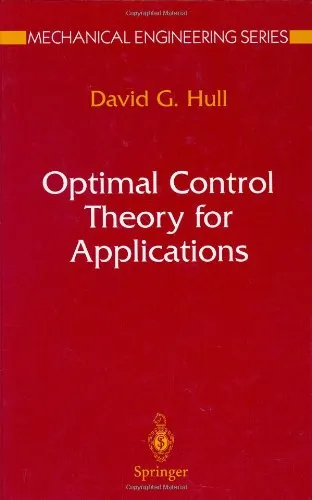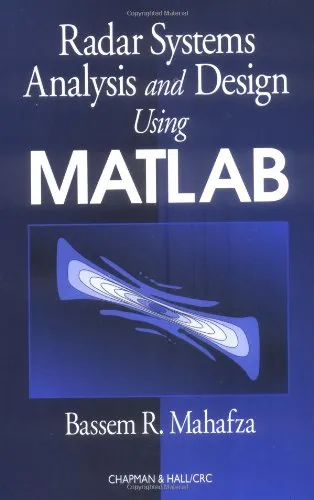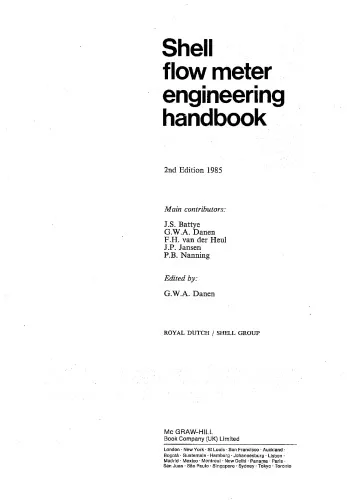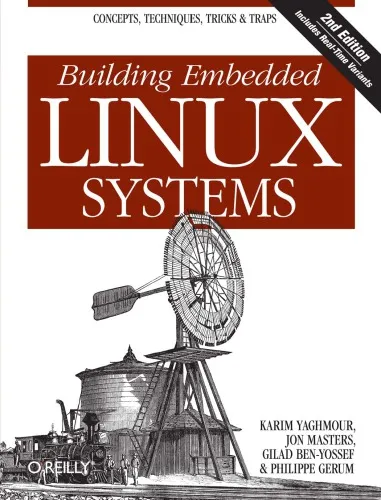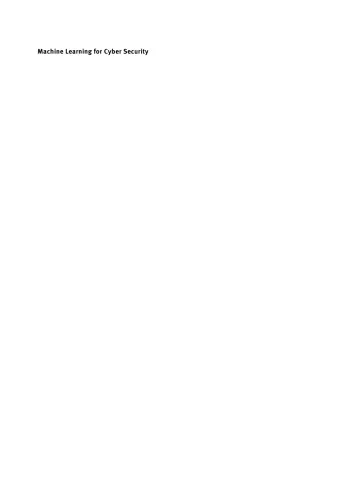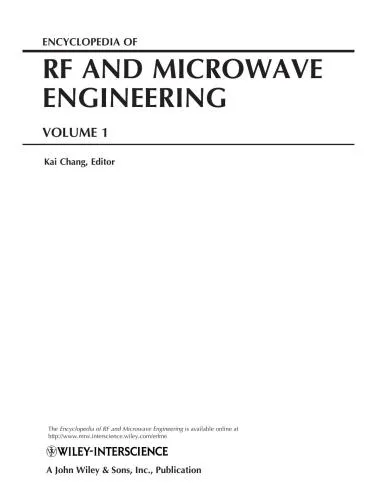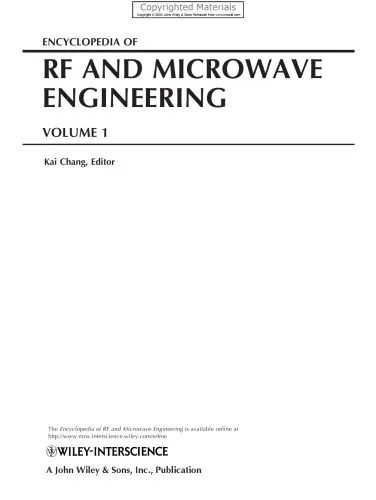Control Engineering Practice
4.0
Reviews from our users

You Can Ask your questions from this book's AI after Login
Each download or ask from book AI costs 2 points. To earn more free points, please visit the Points Guide Page and complete some valuable actions.Related Refrences:
Analytical Summary
The book Control Engineering Practicepp.209—217 offers an authoritative exploration into the practical dimensions of control engineering, bridging rigorous theoretical constructs with tangible, real-world applications. Authored by Won Seok Song, Seung Ho Hong, and Tae Jin Park, this work addresses practitioners, researchers, and advanced students seeking to strengthen their mastery over feedback control systems, automation processes, and performance optimization strategies.
At its core, the content within pages 209–217 navigates through the nuances of system modeling, responsiveness analysis, and stability determination. While exact publication year information is unavailable due to no reliable public source, the intellectual contributions embedded in this section underscore a commitment to precision engineering and multidisciplinary integration.
The narrative structure provides readers with methodical guidance on tailoring control strategies to diverse industrial contexts. Notably, it balances mathematical rigor with practical cautionary notes, ensuring that theoretical solutions are not only elegant but feasible in applied environments. This combination makes the text highly relevant to the domains of industrial automation systems and feedback control methodologies.
Key Takeaways
Readers of Control Engineering Practicepp.209—217 will come away with a refined understanding of how control theory translates into practice, especially when confronted with the complexities of real-world system constraints.
One prominent takeaway is the critical importance of model accuracy. The authors emphasize that the reliability of a control solution is directly tied to how closely the model reflects operational realities. This observation is deeply resonant for professionals in industrial automation systems who must reconcile theoretical abstractions with hardware limitations.
Another insight deals with adaptive control mechanisms, where system parameters are tuned dynamically to maintain desired outcomes amidst shifting conditions. This is an area in which feedback control methodologies demonstrate their indispensable value, safeguarding against instability and inefficiencies.
The section also reinforces the necessity of rigorous testing, simulation, and validation before integrating advanced control schemes into mission-critical workflows. Engineers and researchers are encouraged to adopt a cross-disciplinary perspective that respects both technological sophistication and operational pragmatism.
Memorable Quotes
"A sound control strategy balances theoretical elegance with practical robustness."Unknown
"In control engineering, adaptability is as critical as precision."Unknown
Why This Book Matters
Control Engineering Practicepp.209—217 holds substantial value for the engineering community because it distills complex theories into accessible and actionable frameworks. While concise in scope, the focused section captures the essence of applied control engineering as a discipline that is perpetually evolving alongside advances in technology and industry demands.
For academics, the text serves as a reference point that bridges scholarly research with industrial practice. For professionals, it provides a roadmap for implementing control strategies that are both scientifically grounded and operationally effective. In both contexts, the core themes of industrial automation systems and feedback control methodologies are recurrent and central, reinforcing the book’s relevance across sectors.
Inspiring Conclusion
In closing, Control Engineering Practicepp.209—217 is more than a series of pages—it is a lens through which advanced control principles come alive in applied settings. Whether you are seeking to refine your technical approach, deepen your theoretical understanding, or align your expertise with industry demands, this section provides the intellectual scaffolding to support those ambitions.
By weaving together the twin pillars of industrial automation systems and feedback control methodologies, the authors invite readers into a space where engineering excellence is both a pursuit and a standard. We encourage you to read, share, and discuss this work with peers and colleagues, ensuring its insights continue to inform and inspire the next generation of engineering innovation.
Free Direct Download
You Can Download this book after Login
Accessing books through legal platforms and public libraries not only supports the rights of authors and publishers but also contributes to the sustainability of reading culture. Before downloading, please take a moment to consider these options.
Find this book on other platforms:
WorldCat helps you find books in libraries worldwide.
See ratings, reviews, and discussions on Goodreads.
Find and buy rare or used books on AbeBooks.
1025
بازدید4.0
امتیاز0
نظر98%
رضایتReviews:
4.0
Based on 0 users review
Questions & Answers
Ask questions about this book or help others by answering
No questions yet. Be the first to ask!



